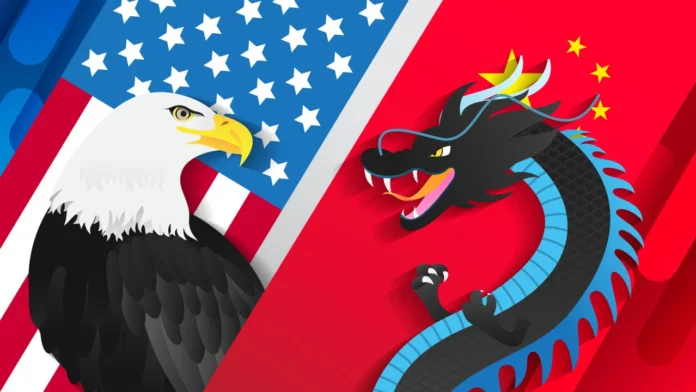Kishore Mahbubani: Embracing the Asian Century
In this rapidly evolving world, the global economic landscape is witnessing a significant shift, and prominent diplomats and scholars are making bold predictions about the future. Among them, Kishore Mahbubani, the former president of the United Nations Security Council and a renowned Singaporean diplomat, has caught the attention of many with his compelling insights. In a thought-provoking interview, Kishore Mahbubani declared that the 21st century will be the “Asian Century,” dominated by China and other Asian countries, while the United States faces challenges in adjusting to this new world order.
The Rise of CIA: China, India, and ASEAN
According to Kishore Mahbubani, a powerful bloc comprising China, India, and the ASEAN countries will emerge as the driving force behind the world economy in the next decade. He envisions this coalition, which he aptly calls “CIA,” to become the fastest-growing economic powerhouse, surpassing other regions in terms of growth and development. This prediction is not mere speculation; it is grounded in the substantial progress and economic advancements witnessed across these Asian nations over the past two decades.
The Suppression of Information
Despite the undeniable growth of the Asian economies, Kishore Mahbubani highlights a disturbing trend: the spread of negative news about Asia by certain parties, particularly the United States. He points out that there is a conscious effort to downplay the achievements of the Asian nations, leading to misconceptions about their potential for future growth.
In an interview with Global Times, Kishore Mahbubani candidly expresses his frustration, stating that they are inundated with pessimistic narratives about Asia’s failure and internal conflicts. However, the truth lies in the remarkable strides made by Asian economies, defying such gloomy portrayals.
Recognition and Resistance
While several countries, including those in the Global South and parts of Europe, acknowledge the impending Asian Century, there is significant resistance within the United States to embrace this reality. Kishore Mahbubani believes that the U.S. clings to the notion that the 21st century should replicate the American Century experienced in the 1900s, but such aspirations are increasingly unrealistic.
The Asian Century is undeniably dawning, and the transition of global power is imminent. The U.S. must recognize and adapt to this new world order to thrive in the evolving international arena.
The Shifting Battlefield
Kishore Mahbubani insightful analysis extends beyond the economic realm. He highlights a fundamental shift in the battleground of the 21st century, where economic prowess will take precedence over military might. Instead of military confrontation, countries will compete through economic growth and cooperation, shaping the destiny of nations.
In this context, Mahbubani expresses concern over the recent military expansions undertaken by the United States in the Middle East, as he believes that the ultimate contest between nations will unfold in the economic arena.
The Fallacy of Containment
Addressing the so-called “containment policy” adopted by some nations towards China, Mahbubani confidently predicts its failure. He asserts that China has already demonstrated remarkable integration with the global community, surpassing the level achieved by the United States. The containment policy may hinder the U.S. from fully engaging with the vast opportunities presented by China’s rise.
Moreover, Kishore Mahbubani warns that this policy could isolate the U.S. from the rest of the world, ultimately limiting its potential for growth and cooperation with other thriving economies.
Embracing the Asian Century
As we stand on the cusp of the Asian Century, it is imperative for all nations, including the United States, to embrace this new reality. The rise of China, India, and the ASEAN countries presents unparalleled opportunities for collaboration, trade, and cultural exchange.
Rather than fearing this transformation, nations should seek to foster amicable relationships with the rising Asian powers. By working together, we can create a world characterized by mutual prosperity and development.
Conclusion
In conclusion, Kishore Mahbubani’s insights shed light on the profound transformations underway in the global landscape. The rise of China, India, and the ASEAN countries will undoubtedly shape the 21st century, ushering in the Asian Century. It is time for the United States and other nations to shed outdated notions and embrace this exciting era of growth and collaboration.
The competition between countries will no longer be defined solely by military strength, but by economic dynamism and mutual understanding. Embracing the Asian Century presents a unique opportunity to forge strong alliances, drive innovation, and build a future that benefits all of humanity.








[…] Kishore Mahbubani: Embracing the Asian Century […]